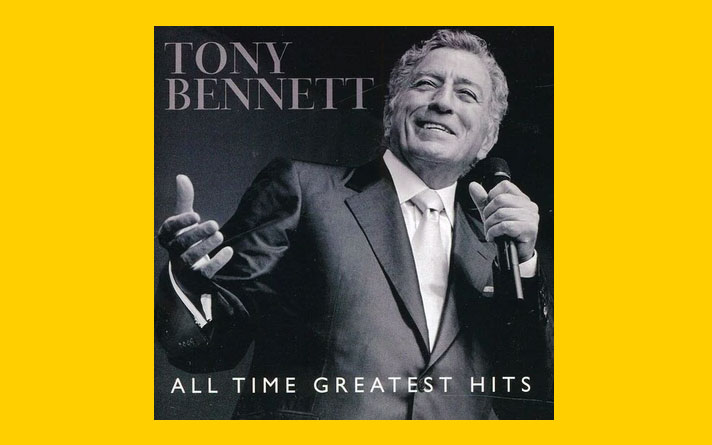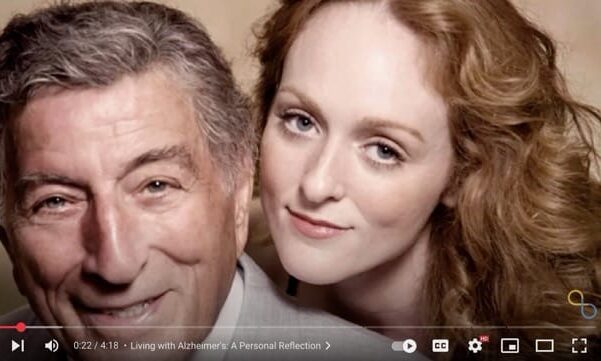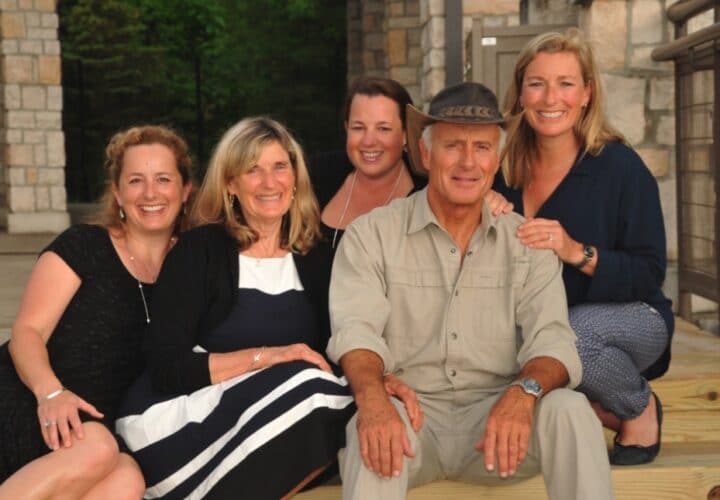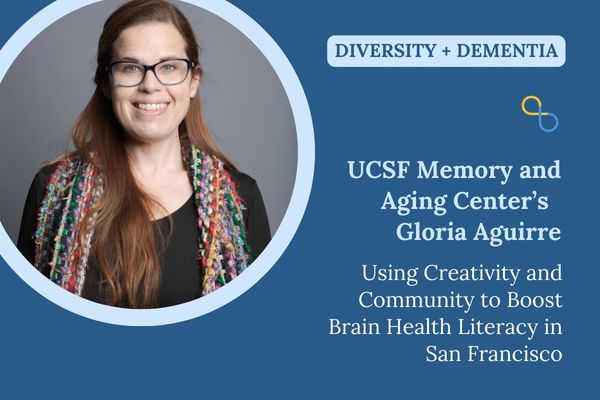Musician Elijah Rock is using jazz — and his powerful, family story — to raise Alzheimer’s awareness in communities of color.
At the San Francisco Conservatory of Music, singer Elijah Rock blends performance with purpose. In his show “Memories Unleashed: Jazz and the Great American Songbook,” Rock not only celebrates the classics — he opens up about his father’s Alzheimer’s diagnosis and the profound impact it has had on his life.
“My father right now is living with Alzheimer’s disease,” Rock told the audience, sharing both heartfelt and humorous moments from his family’s journey. Diagnosed during the COVID-19 pandemic, his father Bill Mix experienced worsening symptoms as isolation set in. “We saw the evolution of it really exacerbate because of the isolation… week to week, month to month, it’s different.”
This personal experience inspired Rock to pursue a fellowship at the Global Brain Health Institute at UCSF, where professionals from a range of backgrounds explore ways to reduce the burden of dementia worldwide. “I was learning the sciency stuff,” Rock recalled. “ I was in rotations, with all the other scientists… I cut a brain… we were put to the same rigor as the scientists.”
The purpose of the program, as Rock puts it: sussing out how scientists and non-scientists can collaborate “on how we can bring equity to this global pandemic” of Alzheimer’s.

For Rock, the fellowship sparked a deeper purpose: using music to engage communities in conversations about brain health. “African Americans are twice as likely to get dementia and are participating in research under 5 percent,” he said. “There’s stigma, there’s lack of education, there’s lifestyle risk factors…”
Performances in San Francisco featured special guest and singer Antonia Bennett, whose late father Tony Bennett also lived with Alzheimer’s, as well as UCSF neurologist Charles Windon, an assistant professor of clinical neurology at the UCSF Memory and Aging Center. Together, on stage, they emphasized the power of storytelling to dismantle stigma.
“You have taken a step to come out and talk about a topic that is not comfortable,” Windon told the audience. “You have, by being here, started to rob Alzheimer’s disease and dementia of their power over our loved ones.”
For Rock, it all begins with sharing. “We don’t have enough research around how this community feels about Alzheimer’s, but we need up-to-date numbers and people sharing — quantitatively and qualitatively — what’s going on.” For Rock, the best place to share is from the stage.




